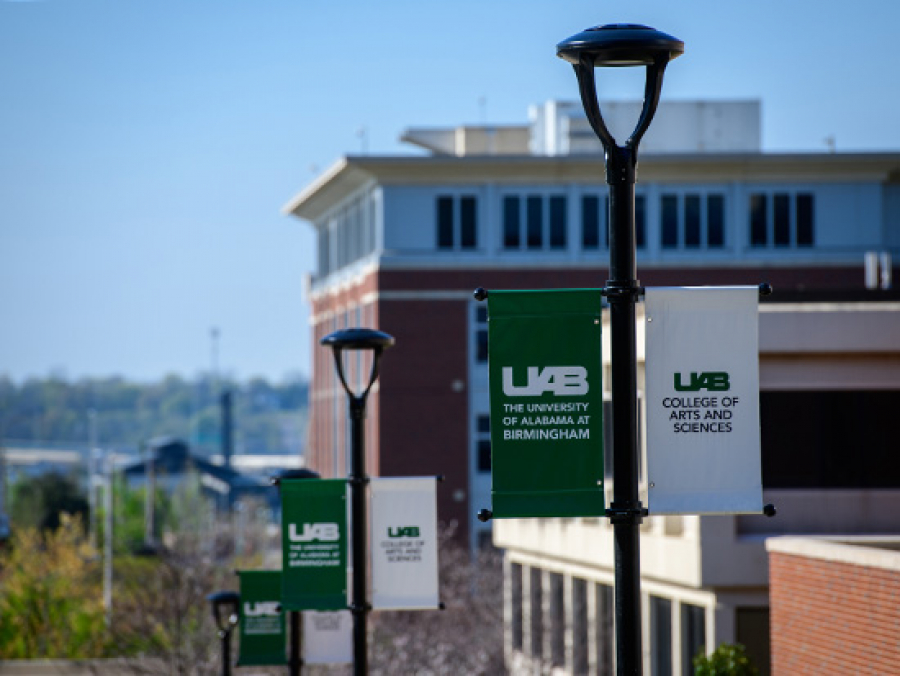Ukraine’s Largest Phone Operator Hacked in “Act of War”
Kyivstar, Ukraine’s leading mobile network operator, is experiencing a significant shutdown allegedly due to a cyber-attack.
The company, owned by Amsterdam-based Veon, warned on December 12 that it had suffered a “powerful” cyber-attack that caused a technical failure, rendering internet access and mobile communications temporarily unavailable for its customers.
Although Kyivstar did not make directly attribute the attack initially, its director general later told Agence France Presse (AFP) that the firm considered the attack to be linked with the war against Russia.
In a Facebook post, Kyivstar said it was investigating the issue with law enforcement agencies, had reported it to Ukrainian state services, and was “working to eliminate the consequences and restore communications as soon as possible.”
“The most important thing is that, as of now, the personal data of subscribers has not been compromised. Our team will definitely compensate those subscribers who had no connection or could not use our services,” the firm added on social media.
“Yes, our enemies are cunning. But we are ready to face any challenges, overcome them and continue working for Ukrainians.”
Ukraine’s government confirmed to AFP that it started investigating the incident and that Russia was “suspected” of being behind it.
Kyivstar (AS15895), one of the main networks in #Ukraine, is suffering an ongoing Internet outage after the company reported being disrupted by a cyberattack.@CloudflareRadar data shows traffic has dropped to residual levels as a result, starting around 04:30 UTC.… pic.twitter.com/3GXsihbdrj
— Cloudflare Radar (@CloudflareRadar) December 12, 2023
Both Cloudflare, a content delivery network (CDN) provider, and Netblocks, an internet monitoring firm, noticed disruptions on the Kyivstar internet network on December 12.
Additionally, Ukrainian payment system Monobank reported being targeted by a distributed denial-of-service (DDoS) attack just a few hours after Kyivstar’s social media post.
At the time of writing, there is no evidence that these two events are related.



 The
The 

